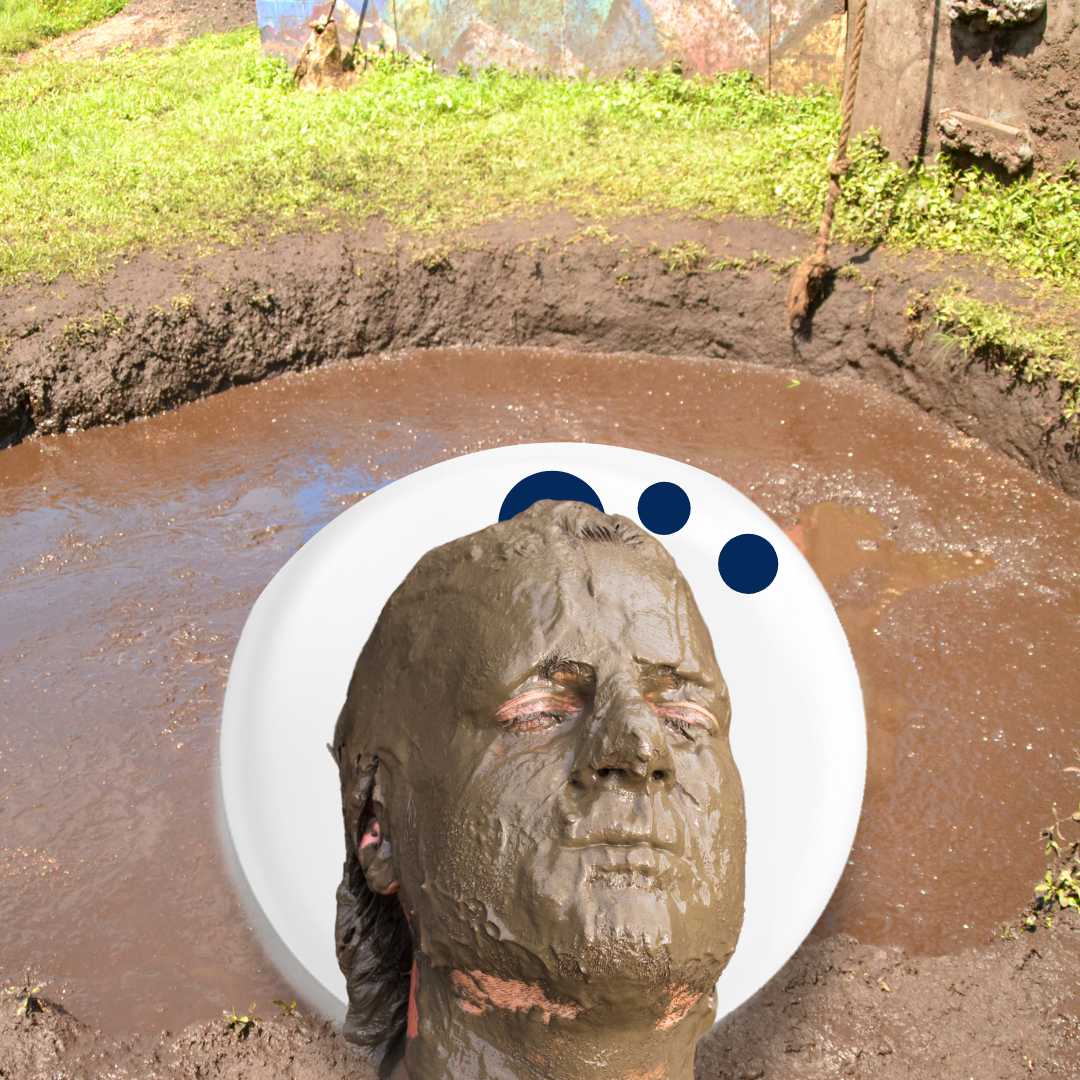Scientifically, the challenge of eating soil is referred to as geophagia. It's a practice that has persisted for many years, embraced by people of all ages.
Some individuals, particularly those with anemia, have a strong inclination towards consuming soil. Pregnant women constitute a significant portion of this group.
While many individuals may derive a sense of well-being from eating soil, this habit poses severe health risks. Prolonged soil consumption exposes individuals to various health problems, including:
Parasitic Infections
Eating soil puts individuals at risk of parasitic infections. Soil can harbor various types of worms and parasites, leading to infections within the body.
Digestive Issues
The consumption of soil can disrupt the normal functioning of the digestive system, causing issues such as stomach problems and discomfort.
Microbial Pathogens, Including Amoebas
Soil is a breeding ground for microbial pathogens, including amoebas. Ingesting soil increases the likelihood of these pathogens entering the body and causing infections.
While the practice of eating soil may provide a temporary feeling of satisfaction, it is crucial to understand and address the potential health consequences. Seeking healthier alternatives and consulting with healthcare professionals can contribute to overall well-being and reduce the risks associated with geophagia.
 English
English Kiswahili
Kiswahili